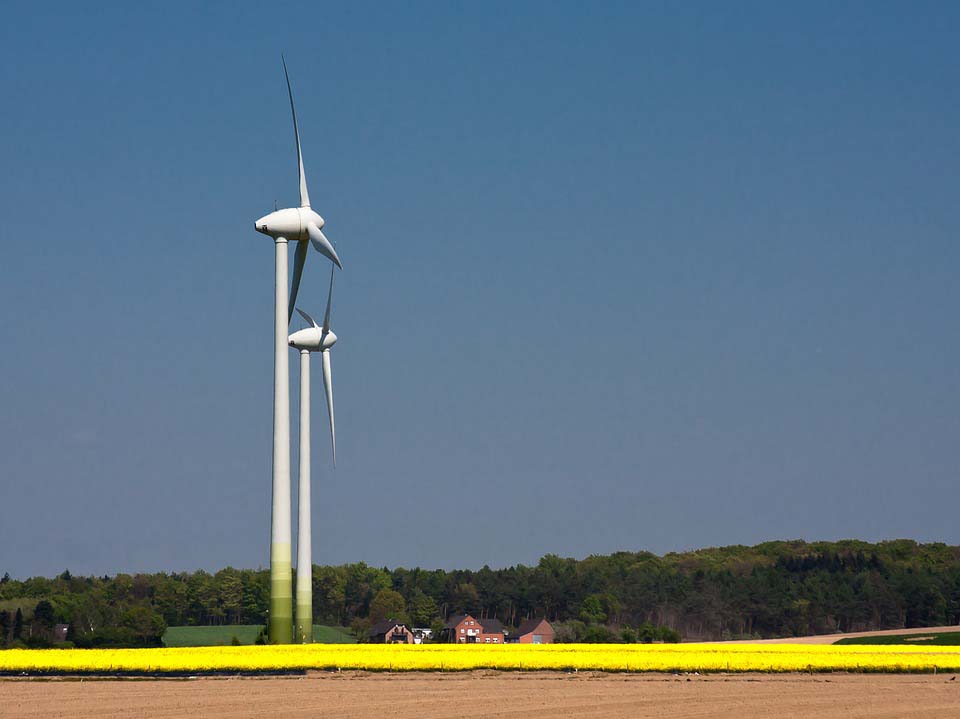Gardening: Gardening In Organic
Organic gardening may be the identical as regular gardening except that zero
artificial fertilizers or pesticides are utilized. This may make certain
aspects difficult, such as for example controlling disease, bugs, and weeds.
Organic gardening also requires even more focus on the ground and the countless
needs of vegetation. Organic gardening may be the identical as regular gardening except that no
artificial fertilizers or pesticides are utilized. This may make certain
aspects difficult, such as for example controlling disease, bugs, and weeds.
Organic gardening also requires even more focus on the ground and the countless
needs of vegetation.
Organic gardening starts with the soil. Gardeners must add organic
matter towards the ground regularly to keep the ground productive. In
fact, compost is vital towards the healthiness and wellbeing of vegetation
produced organically. Compost could be created from leaves, dead plants,
veggie scraps, fruit rinds, grass clippings, manure, and several other
things. The perfect soil includes a dark color, nice smell, and it is full of
earthworms. Some ground may need even more natural chemicals than regular
compost can provide, such as for example bonemeal, rock and roll phosphates, or greensand. A
simple soil check will let you know the pH stability and which nutritional vitamins you
should use.
One thing which makes sometimes gardeners which are very seriously interested in organic
gardening grab pesticides is usually insects on the plants. The very best
way to guard plants against bugs would be to take precautionary measures.
One thing that you can do is to make certain plants are healthful and not
as well wet or dry because insects generally attack harmful plants and when
healthy, they are able to often outgrow small insect damage. A number of
plant types may be beneficial to maintain pests of a specific plant type
from taking right out the entire backyard.
Perhaps the easiest way to guard against insects would be to make your garden
tempting to insect predators, such as for example ladybugs, parrots, frogs, and
lizards. You are able to do this by keeping a drinking water source close by or by
growing plant life that appeal to insects who prey on nectar. Other suggestions
are sticky traps, obstacles, and herb collars. There are a few
household items which prevent against bugs too, like insecticidal
soaps, garlic clove, and hot pepper.
To avoid herb disease in organic gardening, choose disease resistant
plants and herb them within their prime circumstances. Many illnesses will
spread due to regular moisture and poor air circulation, therefore the
site of the garden and just how it really is watered might help ensure against
diseases.
Weeds is definitely an annoying and frustrating section of organic gardening.
Organic mulch may become a weed barrier, but also for better still protection
put a level of newspaper, structure paper, or cardboard beneath the
mulch. Corn food gluten will gradual the development of weeds if spread early
in the growing season before planting, as will solarization. Theres also the
old-fashioned art of hoeing and hand pulling that always works. Your
greatest bet in weed prevention is normally persistence. Mulch well and draw and
hoe everything you can; following a few periods you can defeat the weeds once and for all.
Organic gardening is a superb way to make sure that your plant life will
be free of charge and free from all pesticides and, if looked after properly,
will be simply because healthy as you possibly can. Organic gardening might take a little
additional time and treatment than regular gardening, but after gardeners have the
hang from it and find out all of the quirks of the garden, it really is
definitely worth the excess time.






